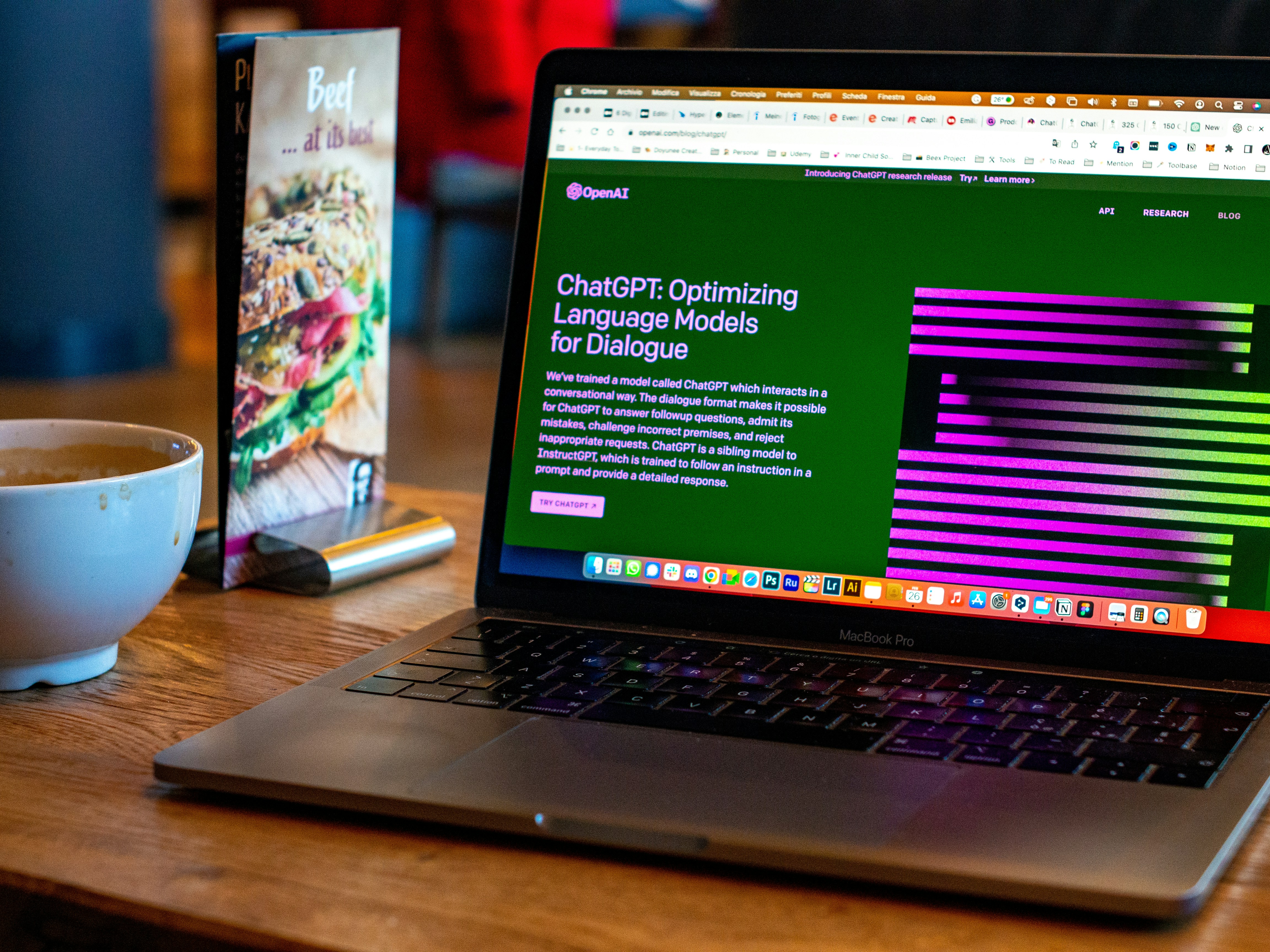Oxford Nanopore Technologies is headquartered at the Oxford Science Park outside Oxford, UK, with satellite offices and a commercial presence in many global locations across the US, APAC and Europe.
Oxford Nanopore employs from multiple subject areas including nanopore science, molecular biology and applications, informatics, engineering, electronics, manufacturing and commercialisation. The management team, led by CEO Dr Gordon Sanghera, has a track record of delivering disruptive technologies to the market.
Oxford Nanopore’s sequencing platform is the only technology that offers real-time analysis, in fully scalable formats from pocket to population scale, that can analyse native DNA or RNA and sequence any length of fragment to achieve short to ultra-long read lengths. Our goal is to enable the analysis of any living thing, by anyone, anywhere!
We are looking for a highly motivated individual to join the Technical Operations team as a Data Analyst (Programmer), whose primary role is to extend our warehouse of data that underpins our work to support Manufacturing Operations, to include new sources of data.
The Details...
Part of the Technical Operations team’s work is to monitor the performance of the flow cell manufacturing process in response to changes in the procedures, input materials or unforeseen events. This requires analysing data to identify associations between performance and its manufacture that inform decisions regarding what actions to take to improve performance. Much of this is achieved through the analysis of telemetry – data generated by testing and use of products – alongside data documenting how it has been manufactured. However, there are aspects of the manufacturing process that do not always represent processes sufficiently well to be able to reliably identify likely causes of performance issues.
This exciting and challenging role is responsible for extending the coverage of manufacturing data and analysing it to establish its explanatory power: to understand what aspects, if any, of manufacturing performance are associated with the data. To varying degrees, the role encompasses the entire data pipeline, including developing Extract-Transform-Load processes through to analysing data to establish associative and causal relationships.
Data that represents the quality of individual processes and input materials is a key component of the Predictive Manufacturing initiative which includes assessment and development of Causal Inference statistical techniques. Applicants with experience or interest in this area would have an opportunity to develop further in this discipline as it moves through proof-of-concept and applied stages of development.
The role will strengthen Technical Operations' analysis capability to:
provide more comprehensive coverage of data representing individual stages of flow cell manufacture develop analysis procedures to assess, in the context of flow cell manufacture, the utility of existing and new data
Much of this will be achieved through development of tools in Python that can efficiently process, summarise and classify large volumes of data, creating pipelines that connect source databases to dashboards of results.
You will need to quickly establish a strong understanding of the science behind the product and convert data into insights of those factors associated with product performance and failure types.
What We're Looking For...
The ideal candidate will possess a numerate degree; for example in Mathematics, Statistics, Physics or Computer Science.
You will also be:
A strong python programmer Have a good understanding of statistical concepts and principles Proven ability to interpret data and understand underlying definitions Possess good data instincts (assess degree of confidence in findings, detect data quality issues, identify inconsistencies, filter out chaff) Possess excellent attention to detail, be inquisitive by nature Able to apply scientific rigour and challenge assumptions Have good presentation skills and confidently communicate and interact with multi-disciplinary teams.
Experience in some of the following routinely used technologies is expected:
Python (Pandas, numpy and Matplotlib/Seaborn) MySQL MongoDB Spotfire/ Tableau GitLab
Applicants should be highly motivated individuals who enjoy taking on new challenges, are quickly adaptable in an exciting and fast-paced environment, and who perform well under pressure.
We offer outstanding benefits to include an attractive bonus, generous pension contributions, private healthcare and an excellent starting salary.
If you are looking to utilise your skills to really make a difference to humankind, then consider joining our team and apply today!


